
What Is Acne Prone Skin? Causes, Symptoms, And How To Take Care Of Acne Prone Skin
Is acne one of your biggest nightmares that keeps visiting you? If so, you’re likely to have acne-prone skin. From shattering your self-confidence to affecting your skin, acne is our enemy in many ways.
Moreover, irritated skin, red bumps, and pimples are just a few tag-along symptoms of this skin condition. But what is acne-prone skin, and what causes it? So, find your answers here while uncovering how to treat this problem.
What is acne prone skin?
Only people with acne-prone skin have a relatively high risk of developing acne. So, compared to other skin types, the skin's oil glands create significantly more sebum. And this is what causes acne-prone skin or what doctors call – Acne Vulgaris.
Acne, the most prevalent skin disorder, affects 80-95% of young males and 80-82% of young women. Normally, it occurs on the face, neck, chest, shoulder, and back during puberty. Also, the severity of the illness might range from minor to severe.
Causes of acne prone skin
One of the main causes of acne-prone skin is clogged hair follicles. It develops due to an accumulation of dead skin cells, germs, and oil gland sebum. Moreover, this dirt clogs your pores, which causes pimples, whiteheads, and blackheads. In contrast to popular beliefs, not all acne-causing factors are hygiene-related.
Your skin develops recurrent acne breakouts due to poor diet and stress. Furthermore, some allergic responses or using makeup containing comedogenic substances might worsen the skin condition. So, verifying and researching the products you use on it is advisable.
Although acne is sometimes thought of as an oily skin issue, outbreaks can also occur in persons with dry skin. Moreover, acne doesn’t spare people with dry skin too. When exposed to dirt, pollution, and poor skincare products, dry skin can develop acne outbreaks.
Symptoms of acne-prone skin
You'll likely have acne-prone skin if you have one or more of these symptoms.
- Open pores or blackheads
- Basic pimples
- Pustules or pus-filled bumps
- Redness in the affected part
- Closed pores or whiteheads
- Small red papules
- Big, painful nodules
- Cystic lesions (pus-filled lumps)
- Scar marks from last acne breakouts
How to identify acne prone skin
To learn how to identify acne-prone skin is to learn the symptoms of acne (which we covered above). So, you might have acne-prone skin if you experience recurrent outbreaks or ones that simply refuse to disappear.
Also, you will notice that your pores clog faster than those with other skin types. And the worst part is you will be more likely to develop whiteheads, blackheads, or pustules. As said before, acne can affect people with both dry and oily skin types.
Note: Acne doesn’t always cause skin blemishes, as there can be other reasons too.
How to take care of acne prone skin
To learn how to take care of acne-prone skin, remember these pointers below:
Never pick and pop
So, the first tip is to never pick or pop the acne on your skin. In addition to being disgusting, picking them will leave scars and make space for bacteria in other pores. So, in the end, you’re digging your own grave by inviting additional acne.
Wash your face routinely
Do you know your phone screen, brush, makeup, and even the bedding consist of debris? All this debris eventually clogs your pores. Moreover, the American Academy of Dermatology suggests changing pillow cases twice or thrice weekly.
They also suggest changing sheets once a week to avoid clogging your pores. You should ideally clean your makeup equipment each day. However, if that’s not practical, consider washing them once a week.
Stay hydrated and keep your room clean
Drink 8-10 glasses of water every day. That’s because it has been said that hydrated skin might assist in reducing excessive oil production in the skin. Everything in your environment may contribute to acne, not just you. So, habitually change your pillowcases and clean your phone displays and cosmetics brushes.
Also Read: Skin Care Routine for Acne-Prone Skin that You Should be Following
Skincare products for acne prone skin
Acne Care & Healing Gel Moisturiser with Tea Tree & Cica 50 ml
Use this acne moisturiser with tea tree and cica to help clear your pores and remove any extra oil or makeup residue. Not only does this The Pink Foundry product improve skin texture and hastens the healing of acne, but it also aids in treating and preventing new outbreaks.
Thanks to its non-comedogenic ingredients, you can easily control excess sebum production while unclogging pores.
Clearing & Calming Acne Face Wash
Next up in your evening skincare routine? An Acne face wash. It doubles as an anti-ageing hero, refining skin texture and eliminating the occurrence of fine lines and wrinkles. Thanks to its powerful formulation, you can say goodbye to all the debris and extra oil on your face.
Also, this face wash not only clears acne but also promotes skin health. Decreasing acne without causing dryness or flaking makes your skin more smooth.
Overnight Acne Spot Corrector
Acne and pimples are bothersome zits that not only appear red and swollen but are also uncomfortable and unpleasant. Furthermore, no amount of makeup will cover up those irritated areas on your face.
This is where the Overnight Acne Spot Corrector from the house of Pink Foundry comes into play. You'll see results quickly with components like salicylic acid, zinc oxide, calamine, and glycerin.
Conclusion
In a nutshell, acne breakouts can happen when extra oil, dead skin cells, or bacteria build up inside a pore, triggering the same response in the body as when an infection disturbs its normal functioning. Undoubtedly, a skincare routine can lessen symptoms or possibly keep them from developing in the first place.
Also read: Which Moisturiser Is Best For Acne-Prone Skin In India & How To Choose The Right One
FAQs:
Is aloe vera beneficial for acne?
Aloe vera can aid in treating acne due to its antimicrobial qualities. This can assist in reducing and controlling the germs that cause acne. Aloe vera’s gel-like consistency makes it light and better suited for skin prone to acne.
Which vitamins are beneficial for acne-prone skin?
Vitamins E and A are two powerful vitamins that help to alleviate acne.
Does acne-prone skin ever clear up?
Yes, managing acne-prone skin and getting rid of acne is doable with the right care and a balanced skincare regimen. Additionally, healthier skin can be attained by altering your diet and reducing stress.

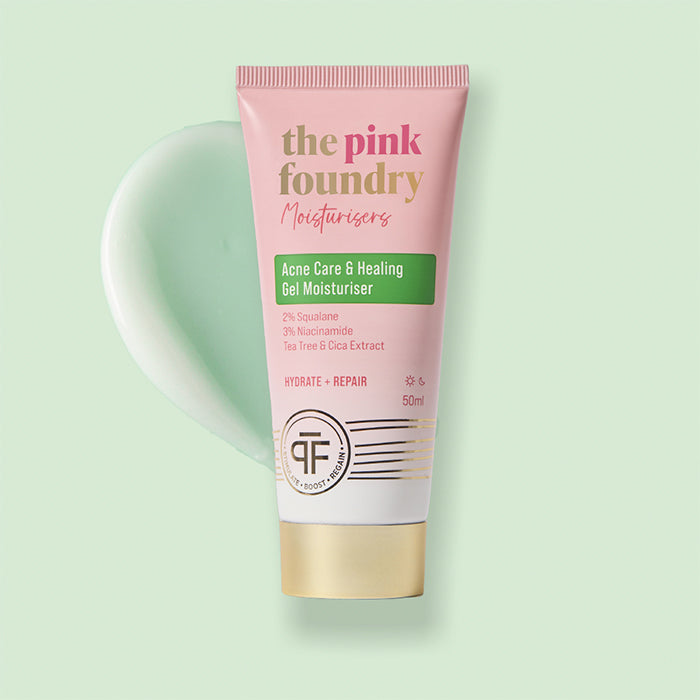







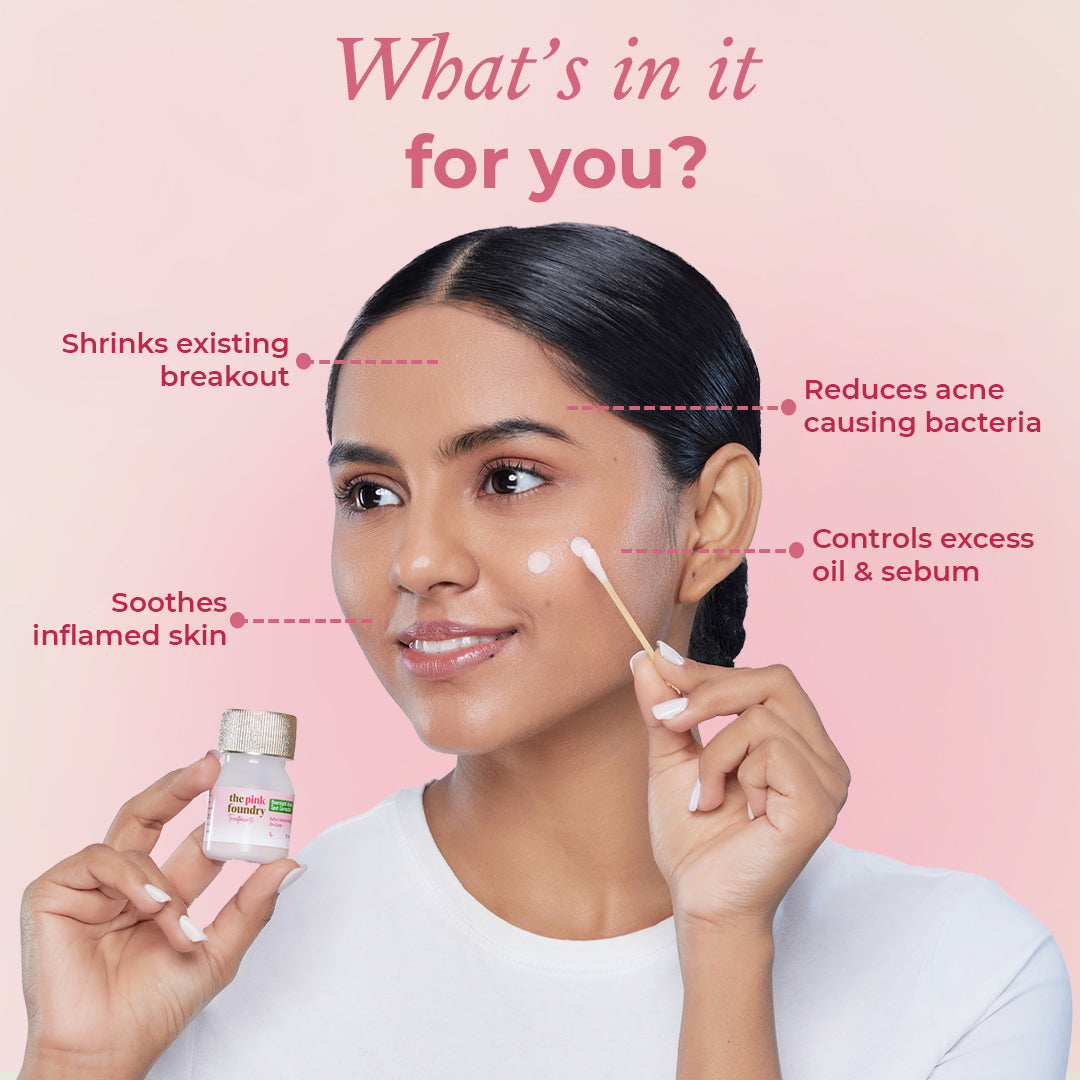
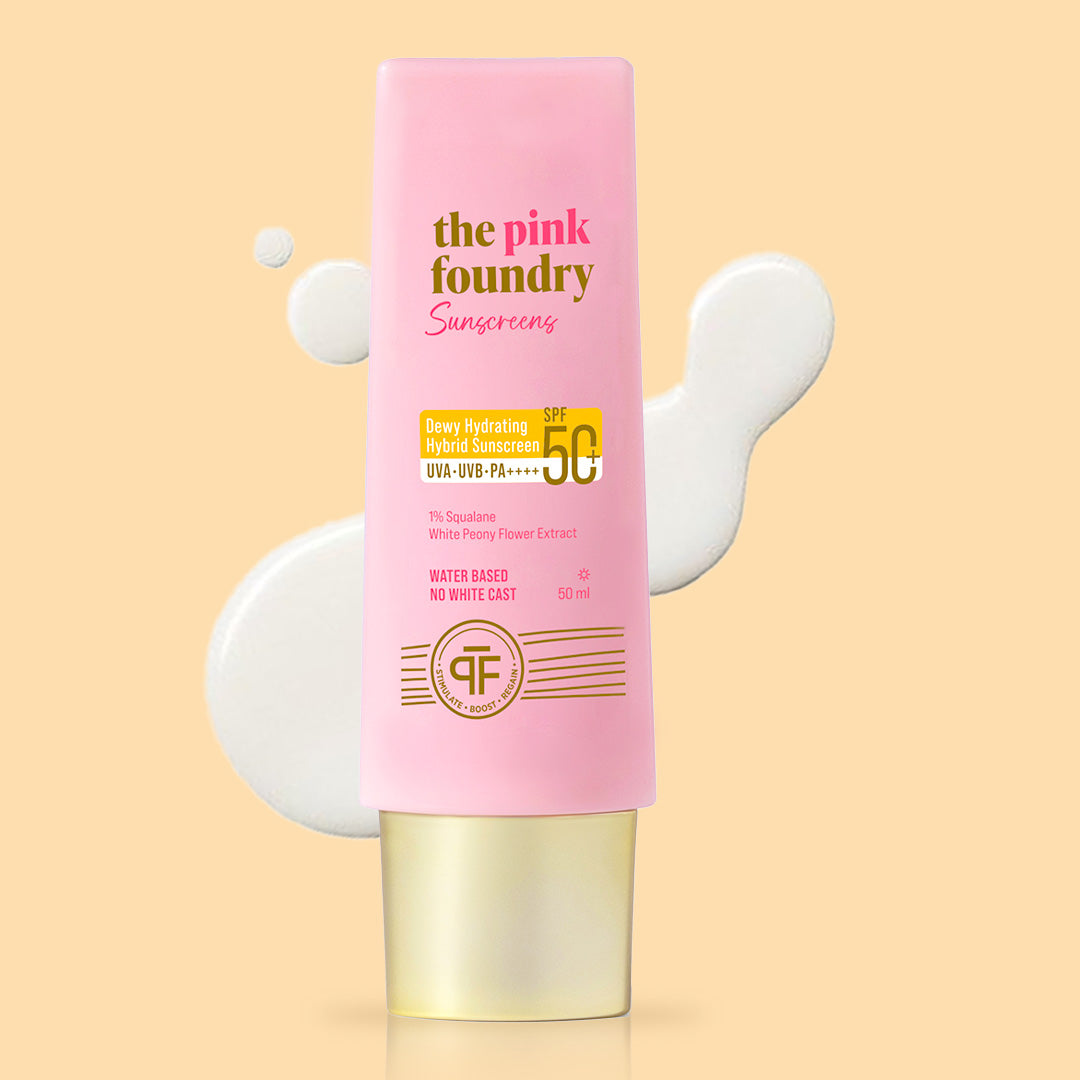
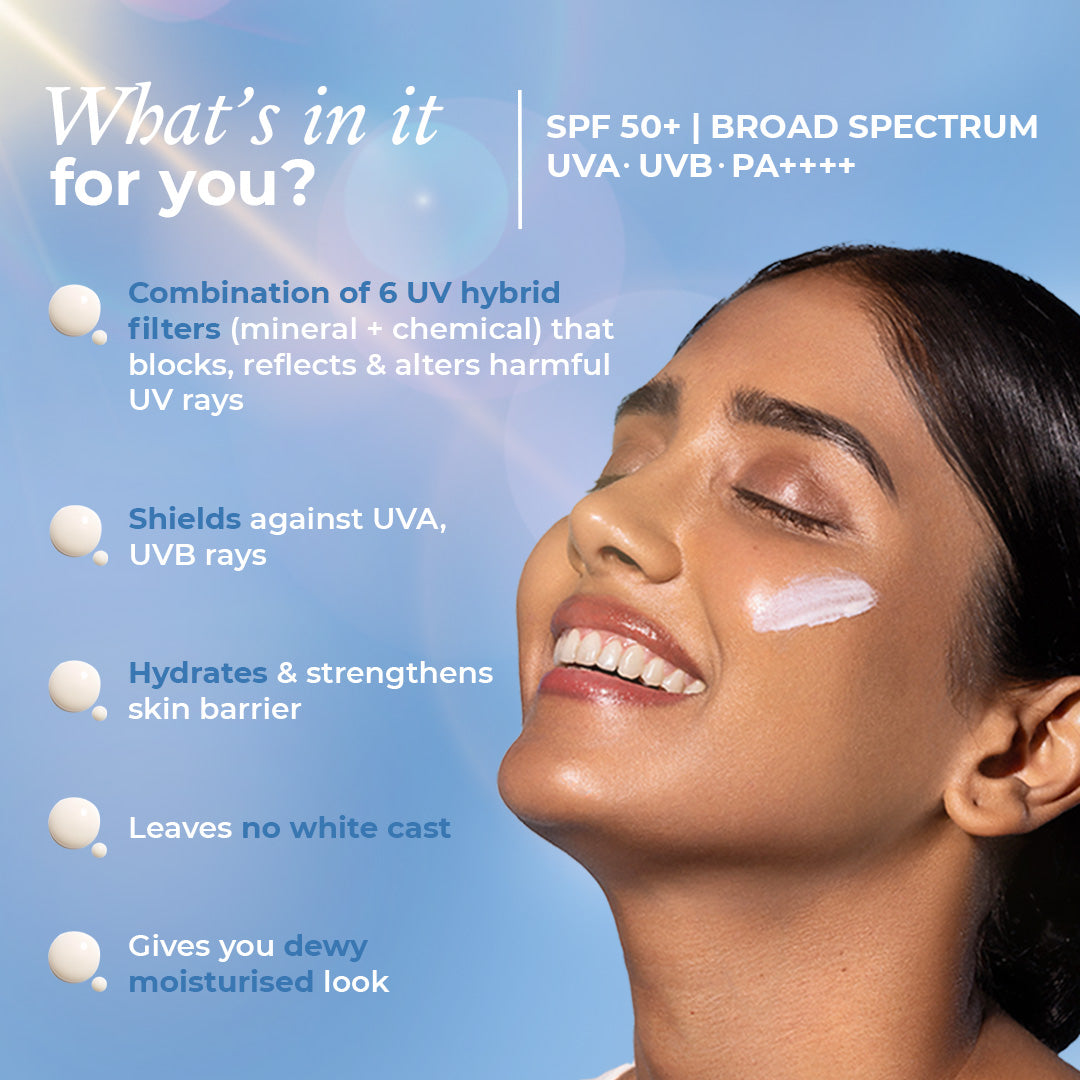


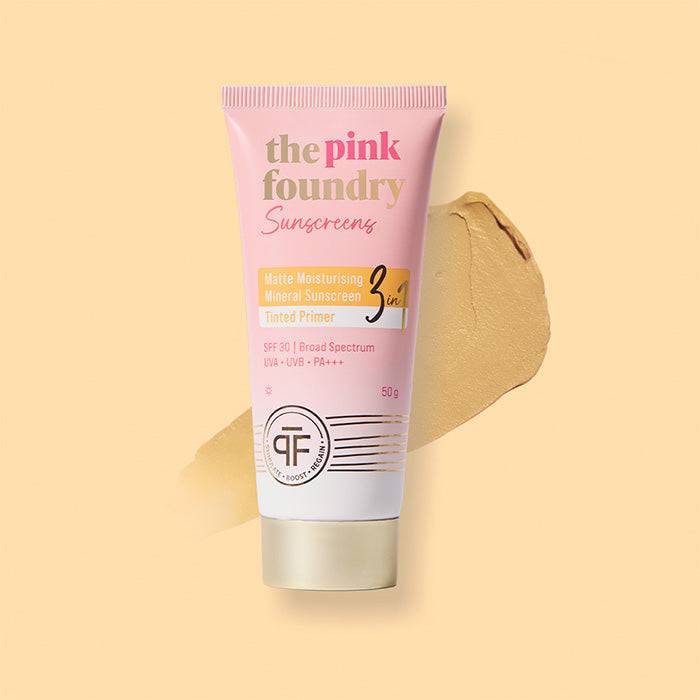
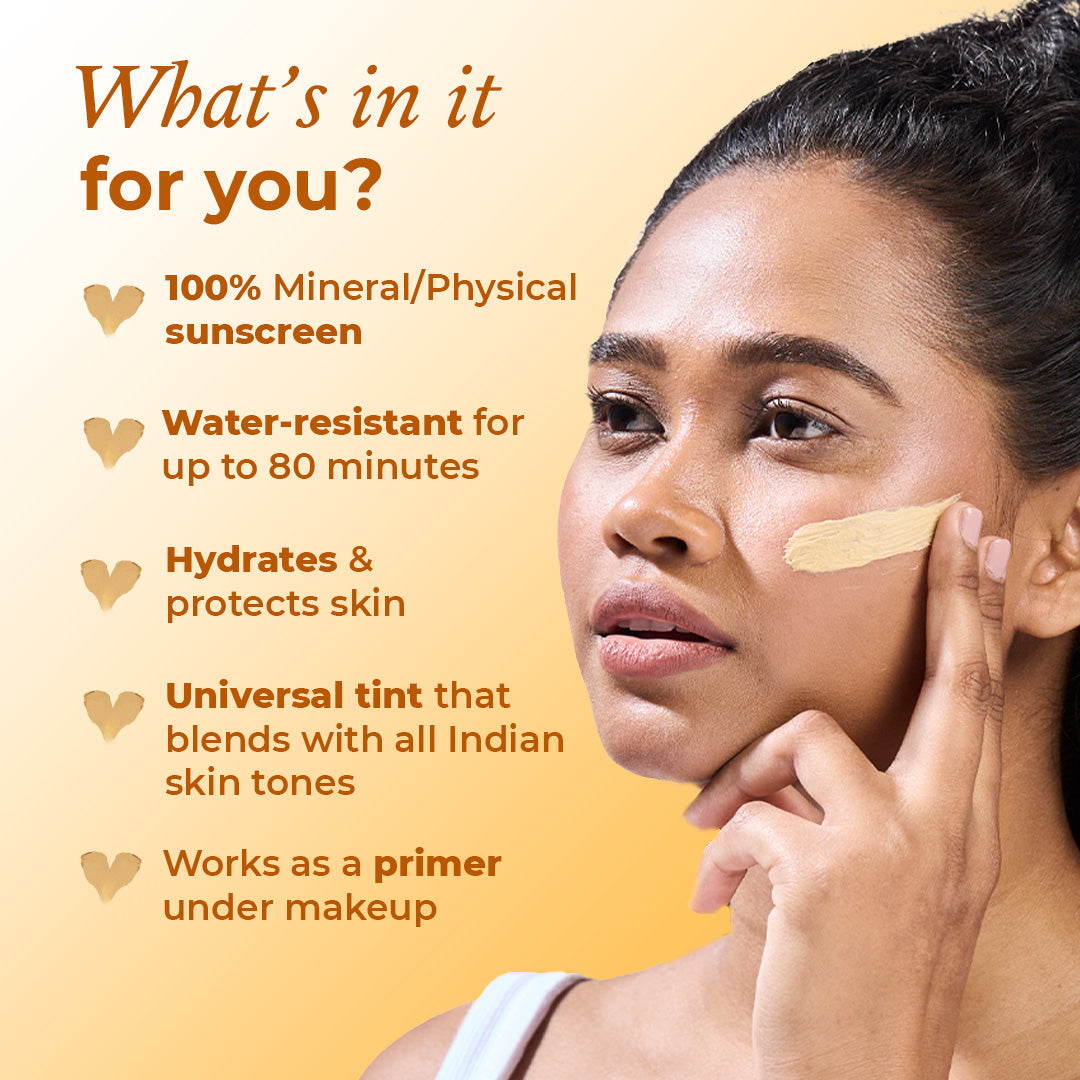



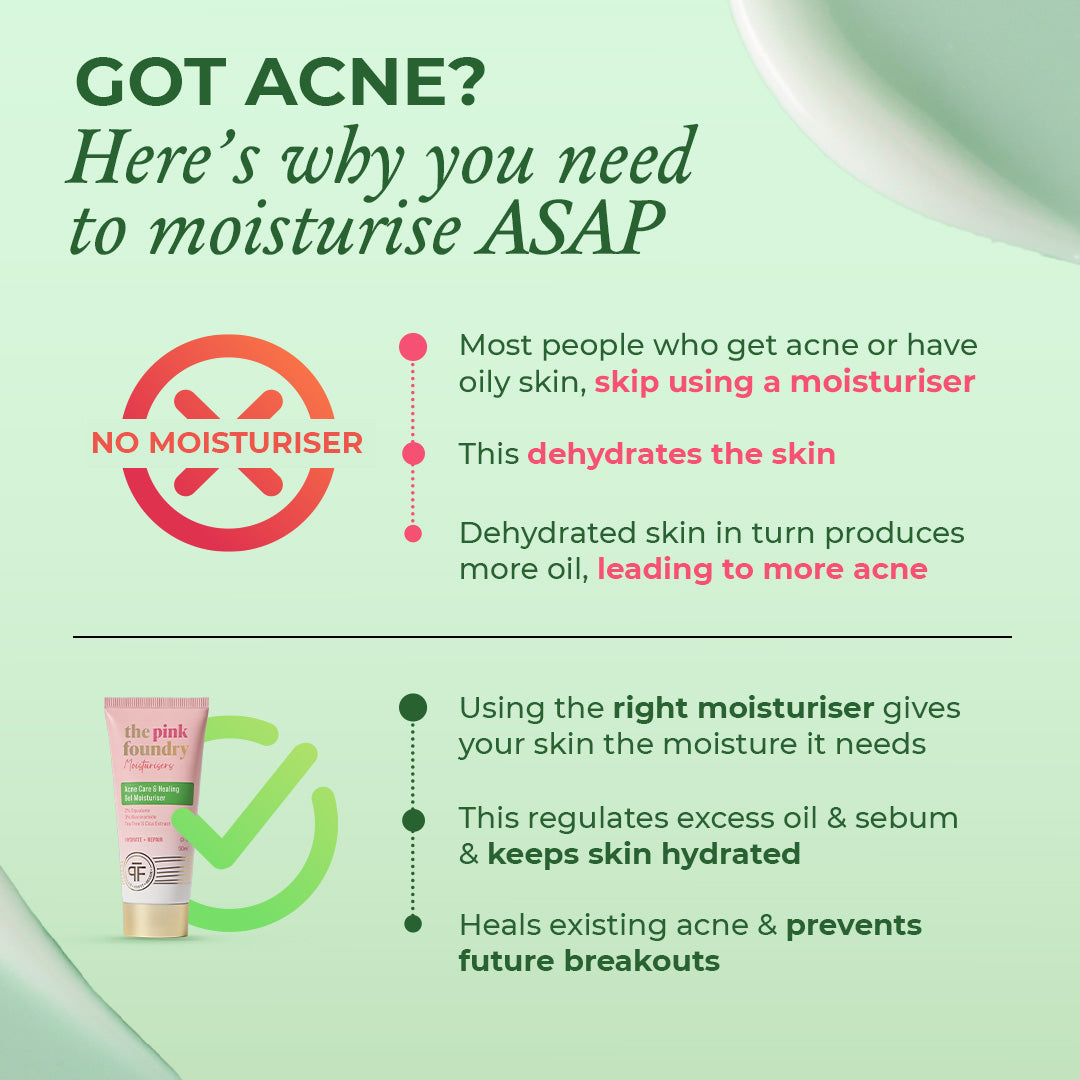
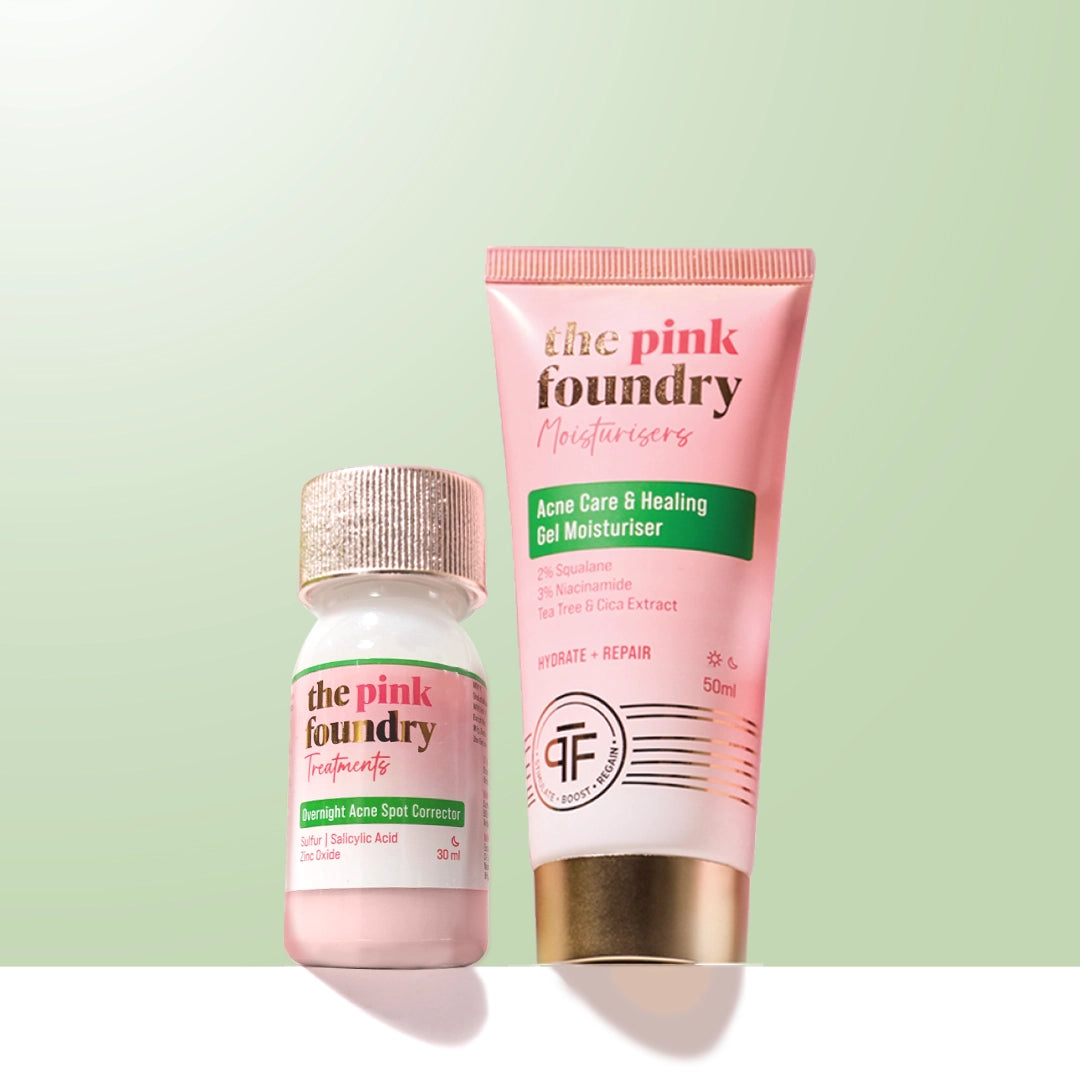
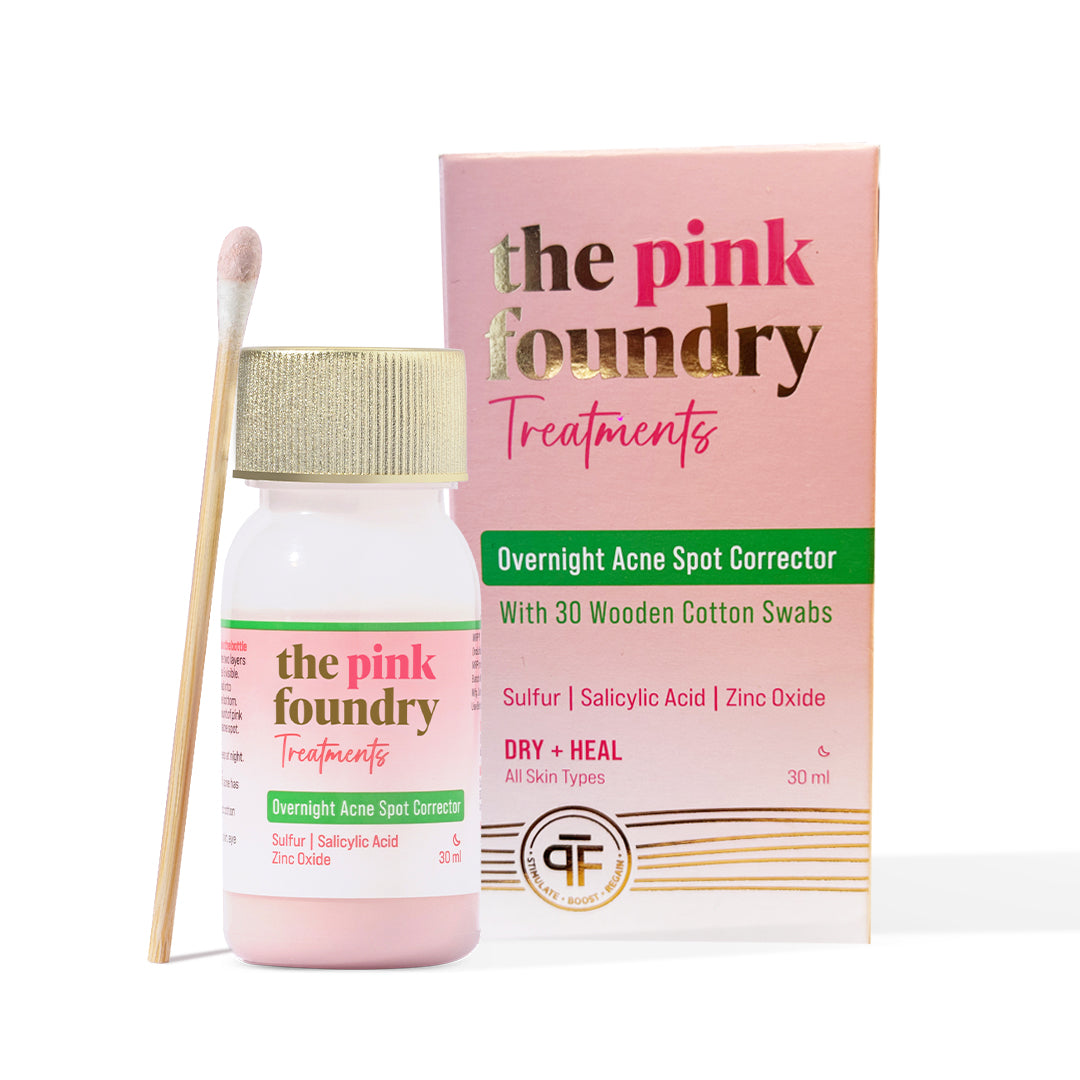
Leave a comment
This site is protected by hCaptcha and the hCaptcha Privacy Policy and Terms of Service apply.